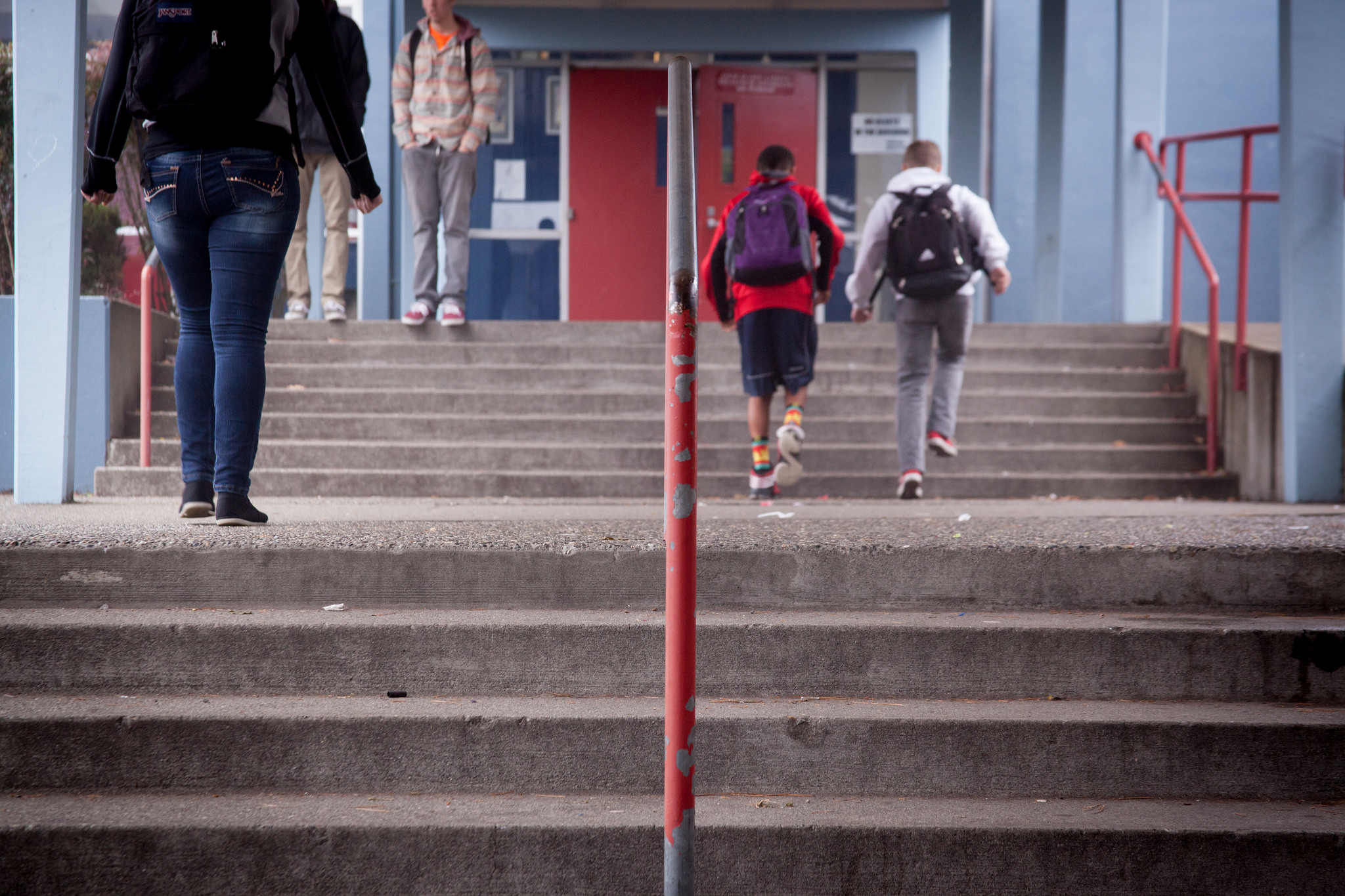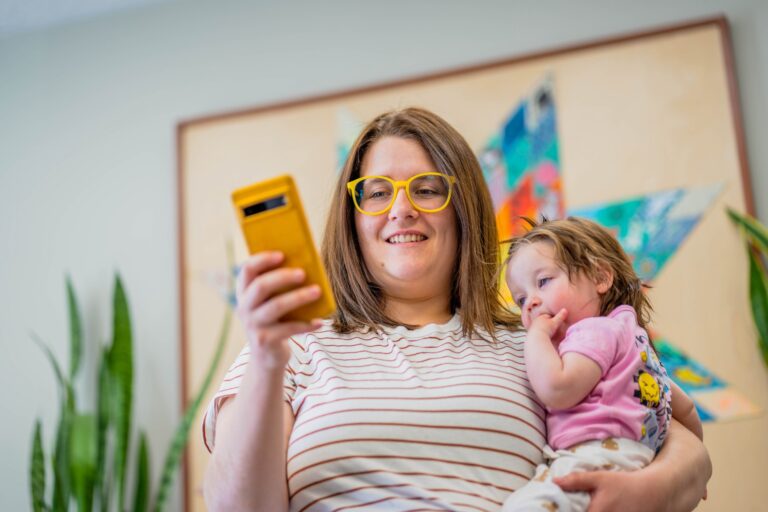New, free online resource for teachers, teacher candidates, or anyone who wants to support youth mental health
Four Canadian universities, including the University of British Columbia, launched a new online curriculum resource earlier this month called Teach Mental Health.

Teach Mental Health aims to expand mental health literacy among those studying to be teachers, and among those they teach. Credit: Flickr
A new, free online resource, Teach Mental Health, co-developed by the University of British Columbia, has just been launched. The resource aims to expand mental health literacy and address questions and concerns related to youth mental health.
Wendy Carr of UBC’s faculty of education worked with university colleagues from Dalhousie, Western and St. Francis Xavier on the project. She explains how the online tool could help reduce the toll taken by mental illness.

What is meant by “mental health literacy”?
Mental health literacy has four pillars. The first is how to obtain, and maintain, good mental health. The second is learning about mental illness and treatment. The third is about reducing stigma. And the fourth is learning how and where to seek help for yourself and others.
Why did you develop this curriculum?
One of the top concerns for educators is the mental health of their students. Teachers are seeing more and more mental illness, just as we are in society — one in four adults lives with a mental illness. The onset of mental illness usually happens before the age of 25, and the adolescent years are when early intervention can make a real difference. We looked at what was available through Canadian faculties of education, and there really was nothing about mental health literacy. There’s been material for practicing teachers, but nothing for pre-service teachers. It’s really important for those going into education as a career to have this foundational literacy, so we’re filling that gap.
How can people use the resource?
It’s all online, available to anyone, and it’s free. There are seven modules, rich with explanatory videos and examples of classroom situations, and all materials represent the best available evidence. There are activities for guiding your own learning, doing group learning, or as part of a teacher education program course. There is a logical sequence with a beginning and end, but you can start anywhere you like, and there are lots of options for doing a deeper dive into certain topics if you are interested.
What outcomes do you hope for?
I really hope that it furthers a level of mental health literacy among teachers, the children they teach, and the systems in which they work. Now teachers, particularly of secondary-age and middle-years students, can learn about some of the things to look for, how to reduce stigma, how to use appropriate language, and how and where to reach out for help. These can go a long way toward reducing those negative statistics, because the earlier you can identify mental illness, the better the outcomes for people and their chances to reach their full potential.



